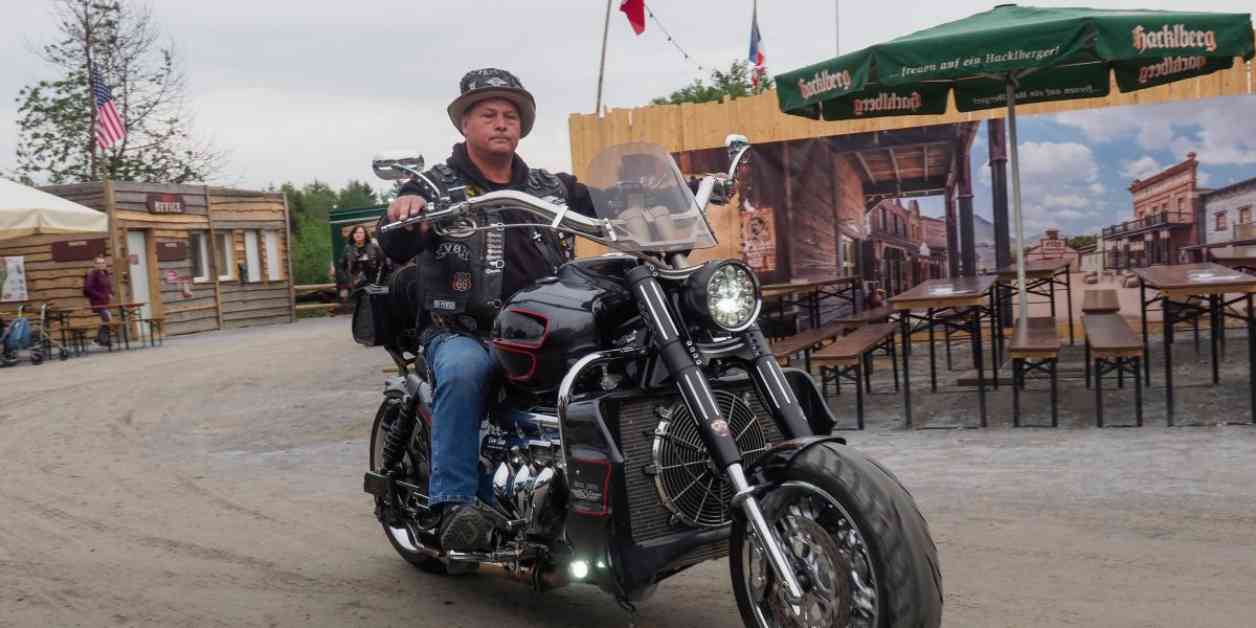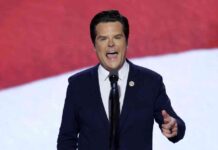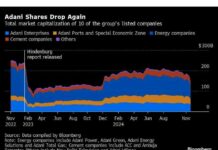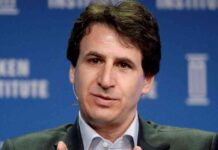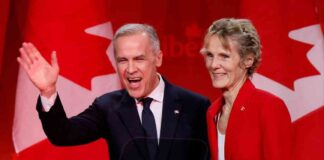Harley-Davidson Inc., a renowned motorcycle maker based in Milwaukee, recently made headlines for its decision to drop several diversity, equity, and inclusion (DEI) initiatives after facing sustained pressure from an anti-DEI influencer. This move by Harley-Davidson comes amidst a larger trend of companies re-evaluating their DEI programs, with some choosing to scale back or eliminate such efforts in response to criticism from conservative voices.
Harley-Davidson’s Retreat from DEI Initiatives
In a statement released on Monday, Harley-Davidson announced that it would no longer maintain minority-owned supplier spending goals, discontinue socially-motivated training for employees, and make other changes to distance itself from DEI programs. The company also revealed that it had not operated a corporate DEI function since April, signaling a shift away from diversity initiatives within the organization.
This decision by Harley-Davidson to backtrack on its DEI efforts follows a targeted campaign led by activist Robby Starbuck, who has been vocal in his opposition to what he refers to as “woke corporations.” Starbuck’s efforts have also influenced other companies such as Tractor Supply Co., Deere & Co., and Polaris Inc. to reconsider or alter their DEI policies in response to public pressure.
Harley-Davidson’s Response to Criticism
In response to the backlash and negativity surrounding its DEI initiatives, Harley-Davidson issued a statement expressing its commitment to the Harley-Davidson community and emphasizing its responsibility to address the issue with clarity, action, and facts. The company acknowledged the impact of social media criticism on its decision-making process and reiterated its dedication to listening to all members of its community as it navigates the ongoing debate around DEI.
While Harley-Davidson declined to provide additional comments beyond its official statement, the company did communicate to its staff via email on July 26 that it had initiated a review of its stakeholder and outreach activities earlier in the year, prior to the public scrutiny from Starbuck. The changes announced by Harley-Davidson were framed as a result of this internal review process.
Deere & Co. and Tractor Supply Co. Follow Suit
Harley-Davidson’s decision to step back from its DEI initiatives mirrors similar actions taken by other companies like Deere & Co. and Tractor Supply Co. Both companies have adjusted their DEI programs in response to criticism from conservative activists, with Deere announcing that it would no longer participate in cultural awareness parades and shifting its business resource groups’ focus to professional development and networking.
The influence of social media campaigns led by individuals like Robby Starbuck has been instrumental in prompting companies to reevaluate their DEI strategies and make changes to align with more conservative viewpoints. Starbuck’s approach of leveraging online platforms to mobilize support and pressure companies to abandon progressive initiatives has proven effective in driving corporate decision-making.
The Debate Over DEI in Corporate America
The shift away from DEI programs by companies like Harley-Davidson, Deere & Co., and Tractor Supply Co. underscores a broader debate surrounding diversity initiatives in corporate America. While polls indicate that a majority of adults view DEI programs positively, there is also a sentiment that companies should refrain from taking political stances or engaging in social issues.
The tension between supporting diversity and inclusion efforts and maintaining neutrality in corporate practices has created a complex landscape for companies navigating the expectations of different stakeholders. As organizations grapple with the implications of their DEI strategies, they must strike a balance between responding to societal demands for equality and respecting the diverse perspectives of their employees and customers.
Future Challenges and Opportunities
Looking ahead, the decisions made by companies like Harley-Davidson to discontinue or revise their DEI initiatives raise questions about the future of diversity efforts in the corporate world. While some view these changes as a necessary correction to perceived overreach in progressive policies, others argue that dismantling DEI programs could undermine efforts to create inclusive and equitable workplaces.
As activists like Robby Starbuck set their sights on new targets and continue to challenge companies to reassess their DEI initiatives, the debate over the role of diversity in corporate America is likely to intensify. Companies will need to navigate the competing demands of different stakeholders while staying true to their values and commitments to fostering a diverse and inclusive environment.
In conclusion, Harley-Davidson’s decision to withdraw from its DEI initiatives reflects a broader trend of companies facing pressure to reassess their diversity programs in light of conservative criticism. As the debate over DEI in corporate America continues to evolve, companies must carefully consider the implications of their actions and strive to strike a balance between upholding diversity and inclusion principles and responding to changing societal expectations.

